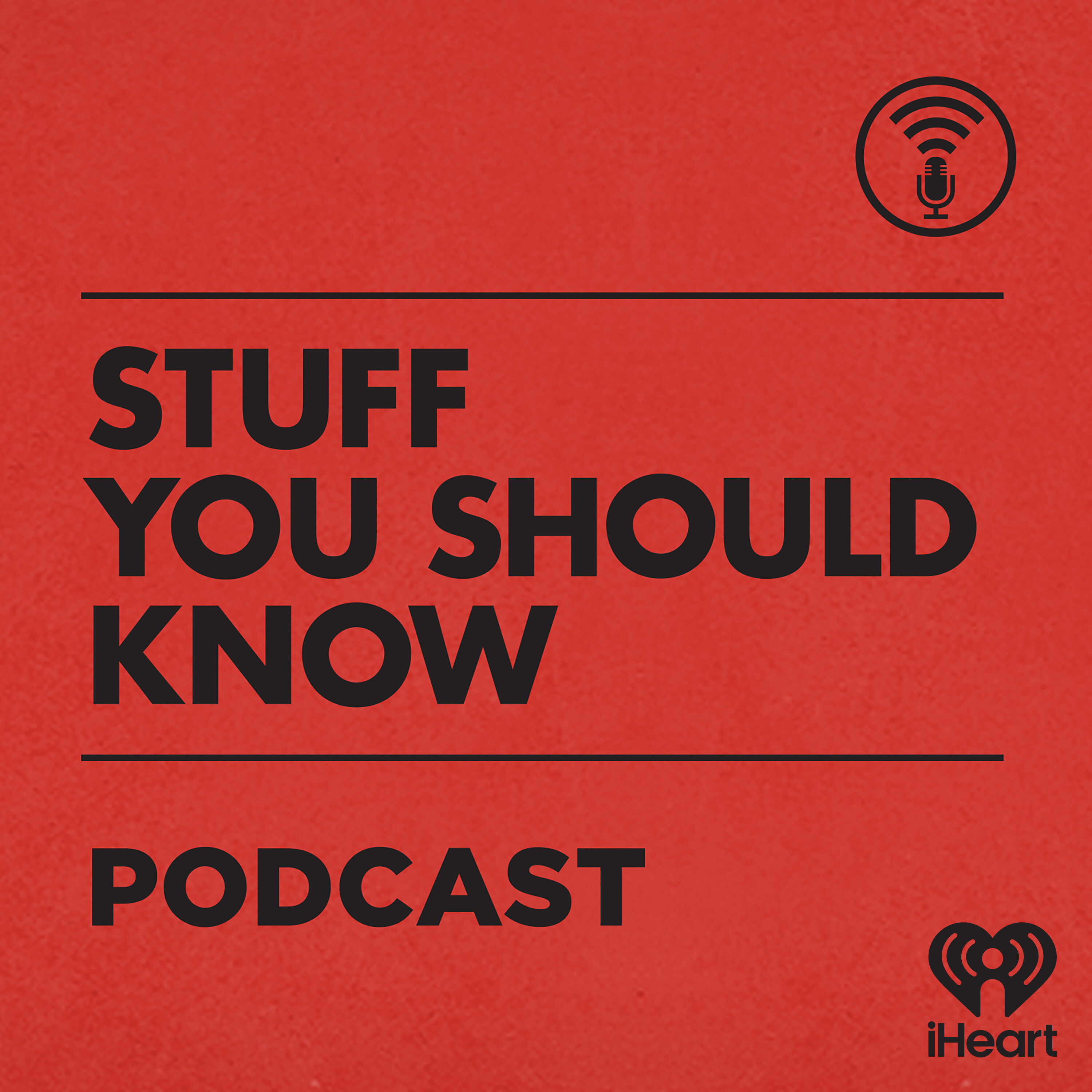Chapter

Naming conventions in non-traditional families
Non-binary parents or gay parents sometimes struggle to have non-traditional family names while also fitting into the traditional naming convention. This can result in conflicting situations, like having two children with different last names.
Clips
The speaker talks about how toilet humor is still kind of funny and how even his daughter jokes about it.
29:06 - 29:36 (00:30)
Summary
The speaker talks about how toilet humor is still kind of funny and how even his daughter jokes about it. He confesses that he takes back his little soapbox thing about condemning toilet humor.
ChapterNaming conventions in non-traditional families
EpisodeWhat's in a surname?
PodcastStuff You Should Know
The podcast discusses common surname conventions such as taking a relative's name, like a son or daughter taking their father's name and becoming Johnson or Smithson.
29:36 - 31:13 (01:37)
Summary
The podcast discusses common surname conventions such as taking a relative's name, like a son or daughter taking their father's name and becoming Johnson or Smithson.
ChapterNaming conventions in non-traditional families
EpisodeWhat's in a surname?
PodcastStuff You Should Know
This podcast episode talks about how hyphenated last names can become a conflict for families that struggle to fit in with a more traditional naming convention.
31:14 - 33:31 (02:17)
Summary
This podcast episode talks about how hyphenated last names can become a conflict for families that struggle to fit in with a more traditional naming convention. Also mentioned is Iceland's third name for non-binary gendered individuals.
ChapterNaming conventions in non-traditional families
EpisodeWhat's in a surname?
PodcastStuff You Should Know
In this episode, the hosts discuss the origins of surnames and how they vary across cultures, including patronymics and toponymics.
33:31 - 35:03 (01:32)
Summary
In this episode, the hosts discuss the origins of surnames and how they vary across cultures, including patronymics and toponymics. They give examples of how surnames are used in different cultures, such as Arab cultures using Ibn for son of or Bin/Bint for daughter of.